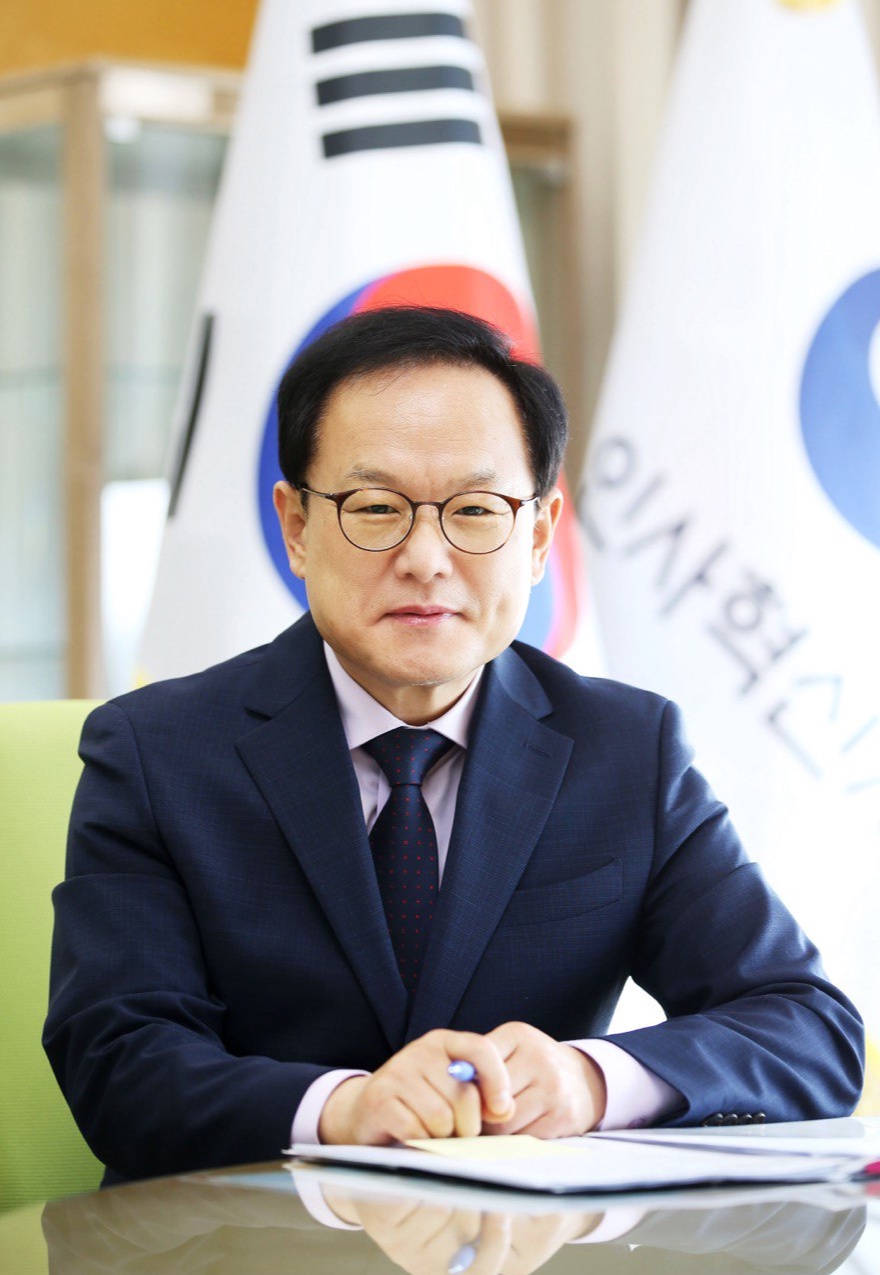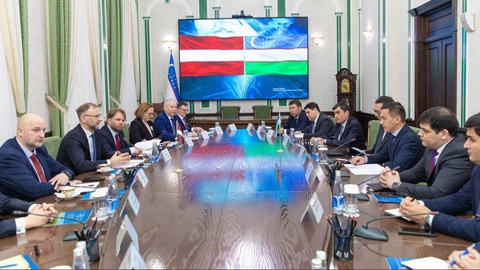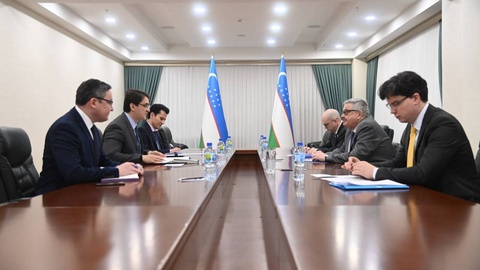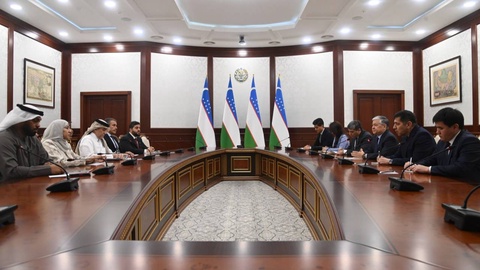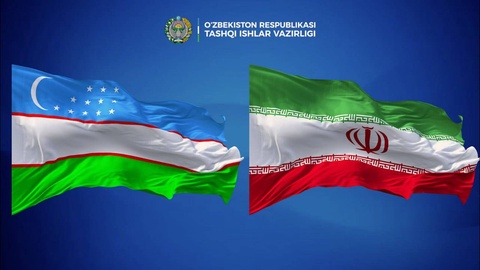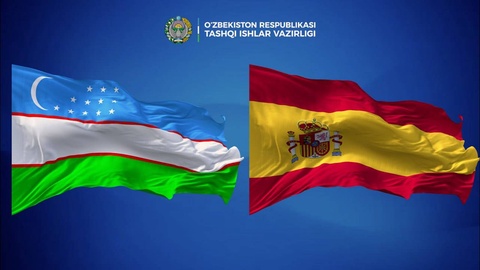The two agencies signed a Memorandum of Understanding (MoU) on October 31, 2023, establishing a crucial foundation for enhancing сooperation. Taking advantage of President Yoon Suk Yeol's state visit to Uzbekistan, the two countries have now formalized a Cooperation Plan, thereby embarking on more substantial and concrete collaboration. Through this strengthened cooperation, the Ministry of Personnel Management anticipates further advancement in mutual cooperation for the digital transformation with the Uzbek government.
Currently, the world is witnessing a new wave of change driven by the Fourth Industrial Revolution, characterized by disruptive technologies such as artificial intelligence and 5G. This shift underscores the growing importance of data processing and utilization, as well as the dramatic increase in digital operations, known as Digital Transformation (DX). The field of human resource management, often perceived as slow to change, is remarkably responsive to this trend, highlighting the significance of digital transformation. Leading companies are leveraging new technologies like AI and big data to provide personalized services and improve work processes and decision-making. For instance, Google established the People & Innovation Lab (PiLab) over a decade ago to analyze various data for organizational improvement, and IBM's AI, MyCA, suggests the necessary competencies for individual career development. Similarly, many Korean companies are employing digital technologies, including AI and big data, not only for HR operations such as recruitment, talent development, and career management, but also for enhancing organizational culture.
The Korean government has been promoting digital transformation in civil service personnel administration since 2000. At the heart of this effort is the electronic personnel management system "e-Saram", which processes all stages of national civil service personnel administration electronically, from appointment to retirement. The "e-Saram" system has evolved from the first generation (2000) computerization, through the second generation (2012) integration, and is now preparing to transition into a third-generation intelligent personnel management system.
The upcoming third-generation "e-Saram" aims to provide a conducive environment for civil servants to focus solely on their tasks by offering various intelligent services. It will proactively provide necessary information and be available for consultations on various inquiries, including self-development. For example, upon returning from maternity leave, employees will be automatically informed about various policy benefits related to childcare, eliminating the risk of missing out on necessary applications. The system will also enable more convenient management of civil servant duties via mobile devices, simplifying cumbersome tasks like travel expense reimbursement through data linkage without the need for separate documentation. This will allow civil servants to concentrate on creative and value-generating activities without being burdened by ancillary tasks.
While previous electronic personnel management systems have significantly improved efficiency in personnel management and reduced manpower and budget, the third-generation system is expected to support each civil servant in maximizing their potential. Such benefits will ultimately contribute to national development and the formulation and execution of policies for the benefit of the public.
I hope that the Korean government's efforts toward digital transformation will positively influence the development of countries worldwide. Over the past few years, the Korean government has dedicated significant efforts to advancing the digital personnel management system of the Uzbek government. Notably, the comparative study on the electronic personnel management systems of Korea and Uzbekistan conducted with the international expert in 2023, and the consulting project led by Korean IT consulting firms for the establishment and development of Uzbekistan's electronic personnel management system, will serve as the foundation for future cooperation toward successful digital transformation in Uzbekistan.
Through these joint research and consulting projects, the Ministry of Personnel Management and IT consulting experts have witnessed the dedication and efforts of the Agency for the Development of Public Service for Uzbekistan's digital transformation. We are confident that the HRM.ARGOS.UZ platform being developed by the Uzbek government will enhance the efficiency and innovation of their human resource management practices.
Finally, I firmly believe that the policies and efforts of the Agency for the Development of Public Service, established in 2019, to strengthen the capabilities of Uzbek civil servants, achieve efficient personnel operations, and establish a fair personnel system will continue to serve as the foundation for Uzbekistan's development.
With the meeting between President Yoon Suk Yeol and President Shavkat Mirziyoyev of Uzbekistan, I expect that the strengthened cooperation between the two governments through the electronic personnel management system will further enhance the Agency's efforts and produce synergistic effects. Thus, the Ministry of Personnel Management is committed to sharing our experience and knowledge for Uzbekistan's national development and the happiness of its citizens. We will continue to engage in concrete cooperation under the leadership of both countries' leaders until our strengthened cooperation bears abundant fruit.
Kim Seung Ho,
Minister of Personnel Management


